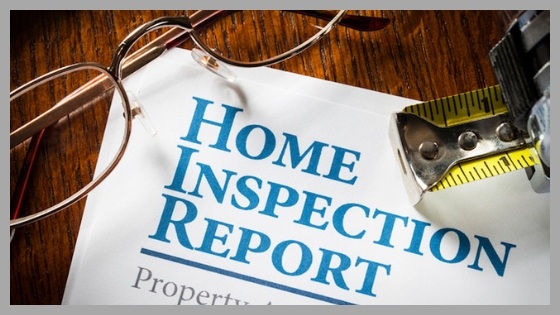
Approximately half of the states in the US require home inspectors to be licensed. Fortunately, Oregon is one of them. Licensing creates great protection for homebuyers and real estate agents assisting their clients. One valuable component of licensing is the requirement to follow a Standards of Practice (often called SOPs). SOPs are essentially a set of rules that home inspectors in the state must work under. It covers items such as the required education and training for an inspector plus what needs to be included in a home inspection report.
In Oregon, our SOPs are largely based on the ones set forth by the American Society of Home Inspectors (ASHI). ASHI is the oldest national association of home inspectors. It has long been considered the go-to authority on all things Home Inspection related.
I would highly encourage anyone buying a house or working in real estate to take a few minutes and read through the SOPs. Understanding what a Home Inspection actually covers can be a very valuable tool when purchasing a house or helping someone do so. Here is a link to the current SOPs for the state of Oregon: Oregon Home Inspection SOPs
Oregon Home Inspections
While there are many great things in the Oregon Home Inspection SOPs, I’m only going to talk about one of them. What is required when a home inspector finds a problem? The Oregon Home Inspection SOPs outlines that an inspector must make a recommendation as to what should be done about a given problem and how that problem impacts the house. Note the following under Oregon SOP 812-008-0202 – Contracts and Reports:
Section (2) – “Oregon certified home inspectors shall:”
- Subsection (c) paragraph (C) – “State whether any inspected systems or components do not function as intended, allowing for normal wear and tear; and how, if at all, the habitability of the dwelling is affected;”
- Subsection (c) paragraph (D) – “State the inspector’s recommendation to monitor, evaluate, repair, replace or other appropriate action;”
There are great benefits to an inspector making a recommendation for some action and explaining how the habitability of the house is affected. Mainly, this communication helps buyers and agents understand why something is a problem and determine what should be done to correct it. Most of the problems inspectors report on are either safety concerns or can cause damage to the house if not rectified.
Here are a few examples:
- The smoke detectors throughout the house are outdated and did not consistently sound audible alarms when tested. Replacing these detectors with new equipment is recommended for safety.
- The flashing where the chimney passes through the roof is missing and should be installed to prevent water intrusion and damage.
- The exhaust fan in the guest bathroom discharges directly into the attic space. This fan should be properly routed to the outside to prevent excessive moisture and related problems.
In each of the examples, you can see the inspector has stated a problem, expressed why it is a problem, and made a recommendation for correction.
Another way of looking at it is the inspector must explain what will happen if the recommendation is not followed. The poorly operating smoke detectors are a safety concern, the missing roof flashing will lead to water intrusion and damage, and the improperly routed bathroom exhaust fan will lead to moisture problems in the attic.
When an inspector reports their findings properly, it offers clear direction as to what should happen after the inspection. This cuts down on confusion and the need for additional clarification after the inspection. The result is buyers and agents can move more quickly through the closing process. Everyone benefits from an unimpeded real estate transaction. Having precise information is critical for that happen. A good home inspector should be providing clear recommendations and easy to understand the reasoning for the problems they bring up within a house.
The next time you are pouring over an inspection report, really look at it and be sure the inspector is reporting properly. A very common defect in reporting is when inspectors just cite a list of problems without giving any reasons about why something is a problem or what should be done. The Oregon SOPs exist to help buyers move through the home buying process easier and with the best information they can get.
